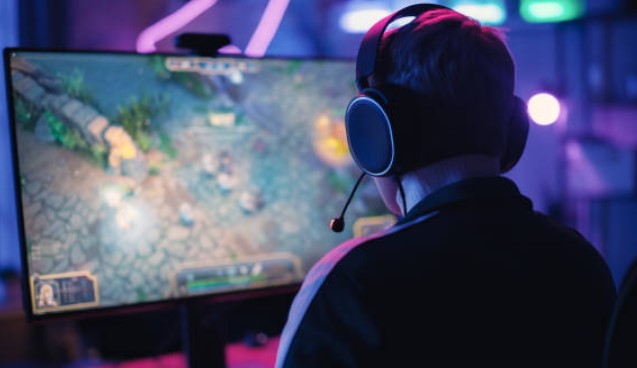Prospect Theory: Losses Bigger Than Winnings.

Think about when you enter a casino, not necessarily to play, but to feel how the air is. Gamblers tend to take a short walk around a machine following a minor loss, or they will press the spin button a second time when a close win is revealed on the screen. This is not magic, good fortune, or just perseverance. It is a psychological phenomenon known as Prospect Theory, which helps us understand why losses feel bigger than gains —and why our brains can sometimes influence us to act in a way that makes us appear irrational.
Learning about Prospect Theory.
Prospect Theory is, at its simplest level, human decision-making in risk. The theory, developed by Daniel Kahneman and Amos Tversky in the late 20th century, emphasizes that individuals tend to attach greater importance to losses than to the same benefit. It hurts more to lose fifty dollars than to win fifty dollars. This is not loser talk, but rather a set of reasoning that is embedded within our cognitive processes for evaluating risk and reward.
Such prejudice is present in all spheres of life: it manifests in refusal to buy a slightly more expensive grocery brand or even in refusing to invest in a potentially small loss. And it appears in the digital game space, influencing how gamers respond to platforms such as 22 Casino, even when the stakes aren’t big.
Why Losses seem larger: the emotional angle.
According to psychologists, this phenomenon is known as loss aversion. Losses are perceived to be more severe by the brain compared to gains of the same amount. One is the emotional sting: the loss will bring about discomfort, regret, or frustration, and the gains will bring about joy that is often not as intense.
The framing effect enhances the effect. Decisions can be transformed dramatically by how a decision is framed. E.g., a player may request a cashback slot bonus when they are presented as recovering losses, versus as a small bonus. The phrasing also takes advantage of the cognitive bias, nudging behavior slightly, but effectively.
There is also decision fatigue. Once decisions accumulate, the mind resorts to the shortcut of instinctive responses, many of which are loss aversion, to speed up the decision. That is why platforms with immediate reward and unpredictable rewards can be very engaging: the brain is constantly seeking an escape from the damage that could happen instead of seeking a way to maximize its reward.
The Brain Science of Loss Aversion.
This is the biological wiring that explains why humans, even savvy gamblers at times, make irrational decisions in an attempt to avoid loss. Behavioral profiles indicate we pursue near-wins, reinvent our follies when we lose, and occasionally, we do not even compute expected values.
Digital Prospect Theory.
Prospect Theory is brought to life in online environments, such as 22 Casino. Designers have learned that changing payouts, mini-games, and cashback slot bonus incentives keep the players going. Our tendency to avoid losses is triggered even by minor stimuli, such as the emphasis on a near-win in flashy graphics.
We can imagine this in a table:
| Feature | Psychological Effect | Example |
| Loss framing | Perceived losses feel larger | Choosing to use a cashback slot bonus to “recover” losses |
| Variable rewards | Boosts engagement | Small unpredictable wins encourage repeated play |
| Near-miss signals | Amplifies dopamine loop | Highlighting spins that nearly win triggers continued attempts |
| Instant gratification | Reduces deliberation | Quick spins and immediate feedback keep attention high |
This world is not a world of playing around, but a world of cognitive bias when interacting online digitally. As the behavioral economists observe, even a small reward, when done in a highly ingenious way, can distort the perceived usefulness of losses and gains. Not only do the players, but anyone interested in how humans make decisions under uncertainty, finds it exciting to understand these dynamics.
Expert Assessment
Behavioral scientists suggest that one can observe decision-making, risk management, and even digital habits through the lens of Prospect Theory. In gambling-proximate situations, such as online casinos, it is especially evident that small changes in framing, rewarding, and bonus systems can significantly change behavior.
Researchers suggest that by being aware of cognitive biases, such as loss aversion, people can make more conscious decisions, whether in gaming, investing, or daily decision-making that involves a computer. These trends, present in sites such as 22 Casino, can serve as a true laboratory experiment of human psychology, without necessarily even affecting your bank balance.





